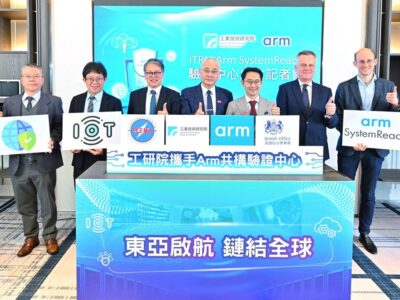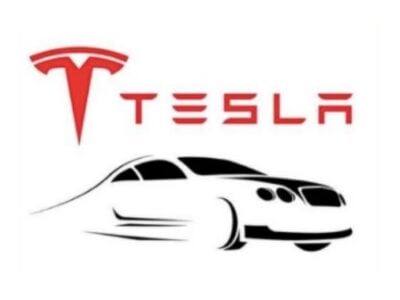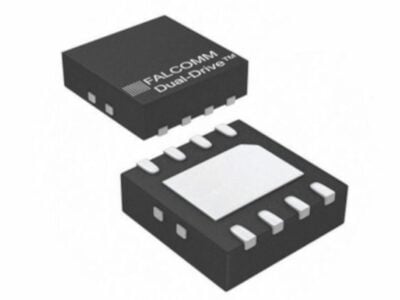
Hyundai Autron sets up joint development lab with STMicroelectronics
The ADSL builds on more than five years of collaboration between the two companies. It strengthens and accelerates the efficient development of next-generation products for automotive customers to meet demanding quality and performance requirements. Hyundai Autron is a subsidiary of the Hyundai Motor Group, responsible for research and development on automotive-related electronic controls, software and semiconductors. The Autron-ST Development Lab (ASDL) provides an environment for engineers from both companies to work together on cutting-edge solutions for green vehicles, focusing on powertrain controllers. The initiative aims to advance semiconductor technology for hybrid and electric vehicles and emphasize the transition from research to production.
“The joint development laboratory with Hyundai Autron builds on the success of our original collaboration in automotive electronic control systems to further our vision for the near future of smart driving,” said Jerome Roux, Executive Vice President, Sales & Marketing for Asia Pacific at STMicroelectronics. “We are very excited to continue our strong collaboration with Hyundai Autron to leverage ST’s extensive semiconductor technology and automotive application expertise to help the company achieve its goals.
The Hyundai Group had Autron in 2012. The new Hyundai subsidiary developed semiconductors for powertrain controls and battery management controllers, which are now being used in Hyundai high volume vehicles such as the Elantra. Together, Hyundai Autron and ST have already developed a semiconductor for VCI technology (Valve Controlled Injection of Hyundai Kona). Hyundai Autron has also expanded its R&D efforts to meet the demand for environmentally friendly vehicles, self-propelled cars and connectivity technology.
With the growing demand for safer, greener and better networked vehicles, demand for automotive semiconductors is expected to continue to grow. Driven by the electrification and commercialization of mass production driver assistance features, and with the introduction of autonomous driving imminent in the long term, the number of semiconductor devices installed per car is expected to increase sharply.
Related articles:
Hyundai Autron picks STM for extensive collaboration
Hyundai Autron develops AD safety platform with Wind River
Hyundai invests in Deep Learning computer vision startup
 If you enjoyed this article, you will like the following ones: don't miss them by subscribing to :
eeNews on Google News
If you enjoyed this article, you will like the following ones: don't miss them by subscribing to :
eeNews on Google News




